In recent years, the mental health field in Australia has witnessed a resurgence of interest in an unconventional form of therapy that incorporates psychedelic substances. Psychedelic-assisted therapy, once on the fringes of psychological research, is gaining attention and legitimacy as a potential treatment for persistent feelings of low mood, often associated with mental health conditions. This blog delves into how this form of therapy works, the evidence supporting its effectiveness, and what it could mean for those struggling with the feelings of low mood.
What is psychedelic-assisted therapy?
Psychedelic-assisted therapy involves the use of psychedelic substances, in a controlled, therapeutic setting. Unlike traditional treatments, psychedelic-assisted therapy is not intended for daily use. Instead, they are administered a few times under the supervision of trained therapists who guide the individual through the experience.
The mechanism behind the psychedelic-assisted therapy
Psychedelics are thought to work by affecting neurotransmitter systems in the brain that play a role in mood regulation. For instance, the psychedelic substances interact with serotonin receptors, potentially leading to altered consciousness and mood perception. This can break the cycle of negative thought patterns and provide a new perspective that can be therapeutic in itself.
The therapy component is as crucial as the medical experience. Pre-session preparations involve establishing trust and setting intentions, while post-session integration sessions help individuals process their experiences and apply insights to their everyday lives.
The psychedelic-assisted therapy clinical evidence and research
Research into psychedelic-assisted therapy has produced promising results for treating the feelings of persistent low mood. Studies, such as those conducted at prestigious institutions like Johns Hopkins University and Imperial College London, have shown that even a single session can reduce the feelings of low mood for weeks or even months afterward.
For instance, a study published in the Journal of Psychopharmacology found that participants who received psychedelic-assisted therapy showed improvements in their mood and stress levels, with effects lasting up to five weeks post-treatment. Moreover, follow-up studies indicate that these feelings can be sustained with additional sessions and further integration therapy.
The safety and considerations to be aware of with psychedelic-assisted therapy
While the potential benefits of psychedelic-assisted therapy may be significant, there are also important considerations. The substances used can cause powerful, sometimes unsettling experiences, which is why therapy is conducted in a controlled environment with professional oversight. It is also important to note not everyone is a suitable candidate for this type of therapy and may not benefit from it.
Looking into the future with psychedelic-assisted therapy
As psychedelic-assisted therapy continues to evolve, it has the potential to transform the landscape of mental health care plans. The integration of rigorous scientific research with empathetic therapeutic practices could offer new hope for people suffering from persistent low mood and other mental health challenges.
For more information about psychedelic-assisted therapy, you can get in touch with the GoodMind team today. Call us on 02 6190 0408 or email us at [email protected].





